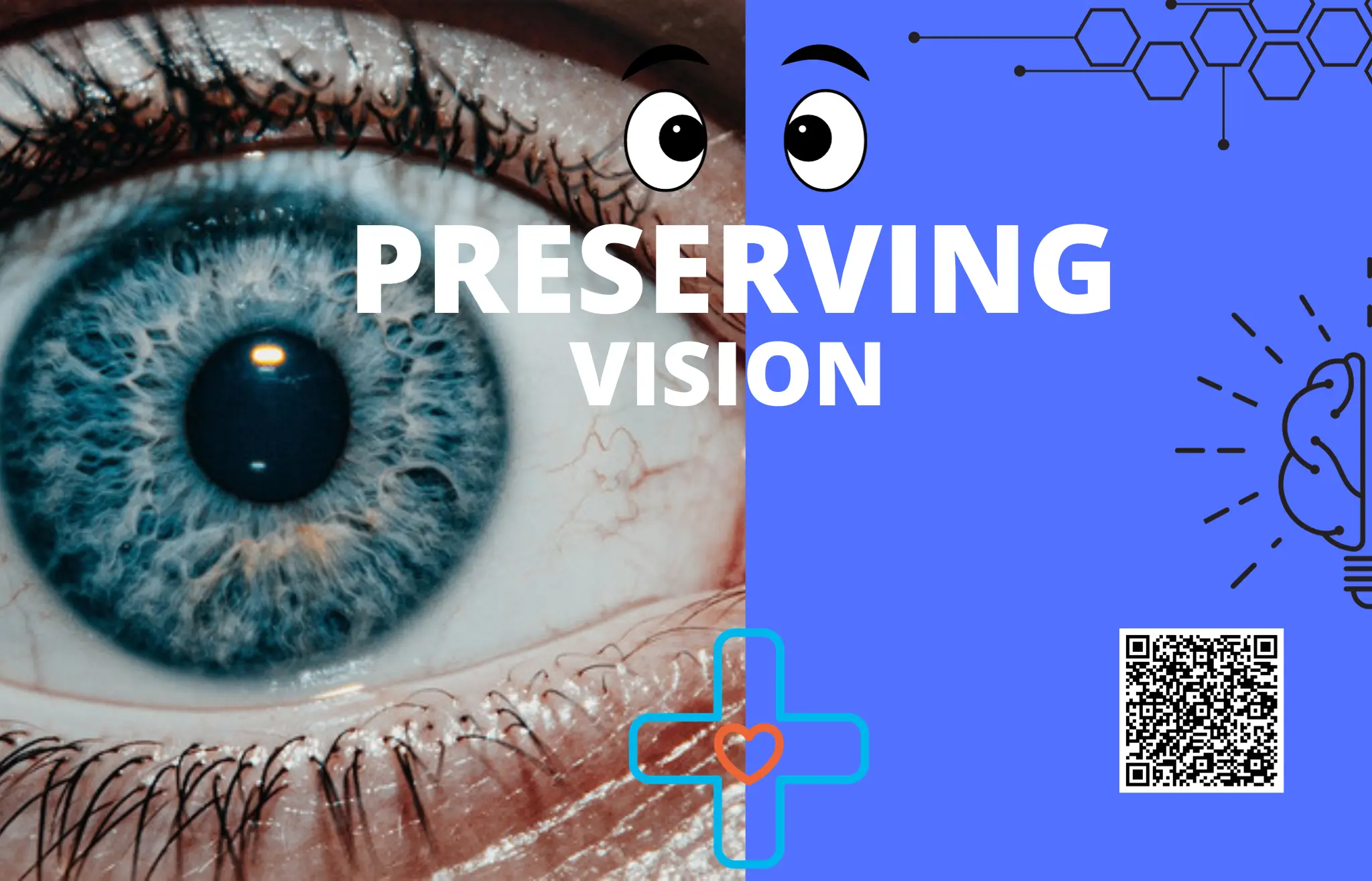
 Various factors and habits can potentially damage your eyes over time. Protecting your eyesight is essential for maintaining good vision and overall eye health. Here are some common things that can cause eye damage:
Various factors and habits can potentially damage your eyes over time. Protecting your eyesight is essential for maintaining good vision and overall eye health. Here are some common things that can cause eye damage:
UV Radiation: Prolonged exposure to ultraviolet (UV) rays from the sun can increase the risk of cataracts, macular degeneration, and other eye conditions. Wearing sunglasses with UV protection and wide-brimmed hats can help shield your eyes from harmful UV radiation.
Digital Screens: Extended periods of staring at digital screens, such as computers, smartphones, and tablets, can lead to digital eye strain or computer vision syndrome. Practice the 20-20-20 rule: Every 20 minutes, take a 20-second break and look at something 20 feet away.
Poor Lighting: Insufficient or improper lighting can strain your eyes. Ensure adequate lighting when reading, working, or doing tasks that require visual focus.
With these 3 ways you can live a long and healthy life
Smoking: Smoking increases the risk of various eye conditions, including cataracts and macular degeneration. Quitting smoking can significantly improve your eye health.
Improper Use of Contact Lenses: Wearing contact lenses for extended periods or not following proper hygiene and care instructions can lead to eye infections and other complications.
Rubbing Eyes: Frequent eye rubbing can cause irritation and potential damage to the cornea or the delicate tissues around the eyes.
Not Getting Regular Eye Exams: Skipping eye exams can prevent the early detection of eye conditions and vision problems. Regular eye exams are crucial for maintaining eye health.
Ignoring Symptoms: Ignoring symptoms like blurry vision, eye pain, redness, or changes in vision can lead to delayed diagnosis and treatment of underlying issues.
Unprotected DIY Projects: Engaging in activities that expose your eyes to dust, debris, chemicals, or flying objects without proper eye protection can lead to injuries.
Not Wearing Safety Glasses: In work or recreational settings where there’s a risk of eye injury, not wearing protective eyewear can lead to serious eye damage.
Not Managing Chronic Conditions: Conditions like diabetes and hypertension can impact eye health. Regularly managing these conditions can help prevent eye complications.
Not Staying Hydrated: Dehydration can affect eye moisture and cause dry eyes. Drinking adequate water supports overall eye health.
Ignoring Allergies: Untreated allergies can lead to chronic eye irritation and discomfort.
Poor Diet: A diet lacking in essential nutrients, especially those that support eye health like vitamins A, C, and E, and omega-3 fatty acids, can contribute to vision problems.
Ignoring Protective Eyewear: Engaging in sports or activities that have a risk of eye injury without wearing appropriate protective eyewear can lead to serious damage.
Sleep Deprivation: Inadequate sleep can lead to dry eyes, eye strain, and increased sensitivity to light. Getting enough restful sleep is essential for maintaining optimal eye health.
Excessive Alcohol Consumption: Heavy alcohol consumption can negatively impact eye health, leading to dryness, blurry vision, and an increased risk of macular degeneration.
Air Pollution: Exposure to pollutants and airborne irritants can cause eye irritation, redness, and discomfort.
Overusing Eye Drops: While eye drops can provide relief for certain conditions, overusing them or using drops not recommended by an eye professional can actually worsen symptoms.
Ignoring Diabetes Management: Uncontrolled diabetes can lead to diabetic retinopathy, a serious condition that affects the blood vessels in the retina and can lead to vision loss.
Not Protecting Eyes from Chemicals: Exposure to chemicals, cleaning agents, and solvents without proper eye protection can result in eye injuries and irritation.
Ignoring Family Eye Health History: Certain eye conditions, like glaucoma and macular degeneration, can have a genetic component. Knowing your family’s eye health history can help you take preventive measures.
Lack of Hygiene: Poor hygiene practices, such as not washing your hands before touching your eyes or using dirty contact lenses, can increase the risk of eye infections.
Sleeping in Makeup: Leaving makeup on overnight, especially around the eyes, can clog pores, irritate the eyes, and potentially lead to infections.
Not Managing Allergies: Allergic reactions can cause itchy, red, and watery eyes. Ignoring these symptoms can exacerbate discomfort and potentially lead to more severe eye issues.
Ignoring Eye Safety at Home: Household accidents can cause eye injuries. It’s important to wear protective eyewear when handling tools, chemicals, or participating in activities that pose a risk.
Ignoring Dry Eye Symptoms: Chronic dry eye can lead to discomfort, blurred vision, and even damage to the cornea if left untreated.
Excessive Caffeine Intake: High caffeine consumption can lead to dehydration, which can contribute to dry eyes.
Not Taking Breaks During Extended Activities: Engaging in activities that require sustained focus, such as reading or working on a computer, without taking breaks can strain your eyes.
“Unlocking the Secrets of Global Warming: Understanding, Impacts, and Solutions”
Using Expired Eye Products: Using expired or outdated eye makeup, contact lenses, or other eye products can increase the risk of infection and irritation.
Taking care of your eyes involves being aware of these potential risks and taking proactive steps to protect your vision. Incorporate healthy habits like a balanced diet, regular exercise, proper hygiene, and routine eye check-ups to ensure the long-term health and well-being of your eyes.




